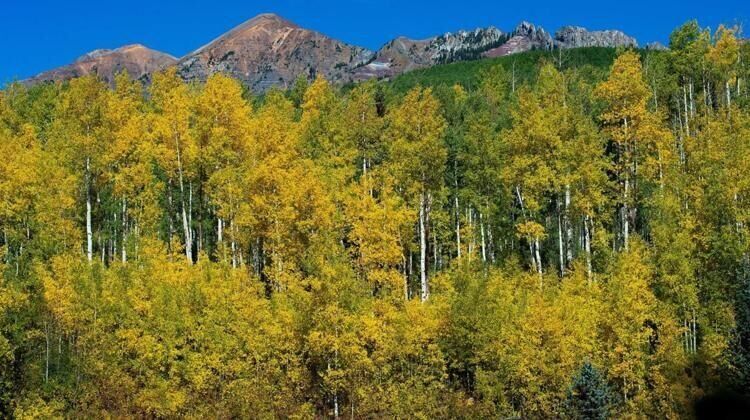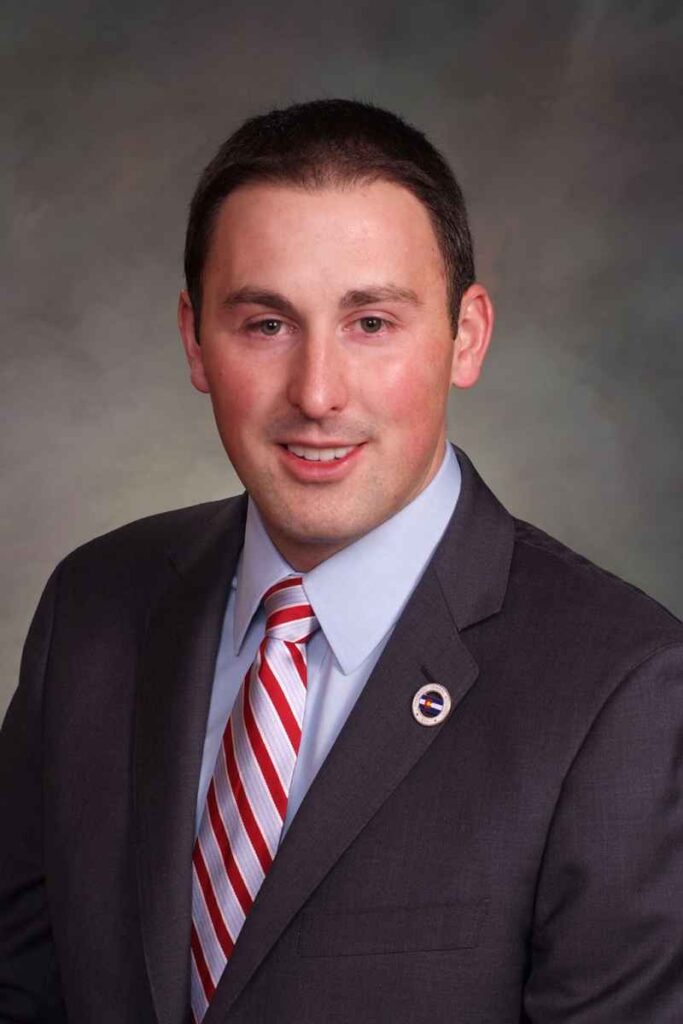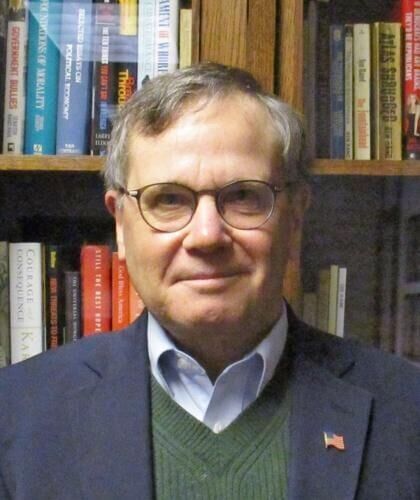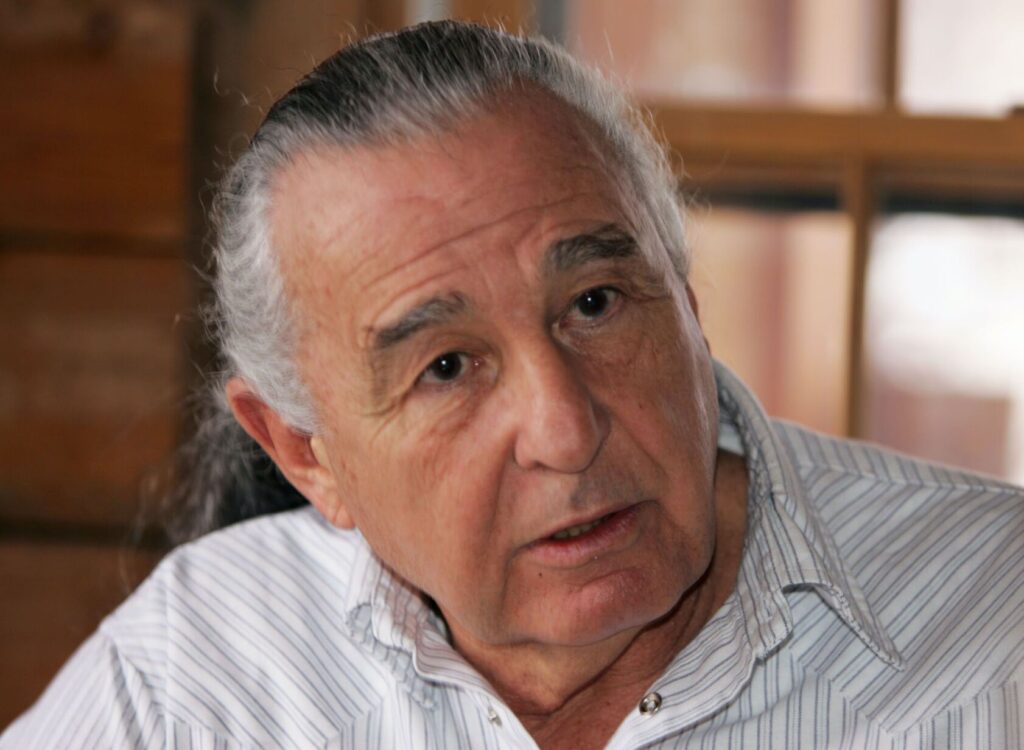COLUMN: Fall teaches valuable lessons for life | Paul Batura


In case you weren’t paying attention, summer ended and fall officially began here in the Rocky Mountain West this past Monday during the lunch hour. If you wanted to sound all fancy or scientific about it, you would have called it the “autumnal equinox” – a term that comes from the Latin word “aequus” (equal) and “nox” (night).
For a brief moment, the sun was exactly above the equator and we had equal amounts of day and night. Most of us enjoy more daylight than darkness, and yet the majority of Americans (45%) say they prefer autumn over summer (24%).
As the late Dr. Vernon Grounds, longtime chancellor of Denver Seminary told his students, “At best, we’re all inconsistent.”
I love both seasons, but summer gets my vote because fall follows right behind it. It’s a wonderful one-two punch. The only problem with autumn is how quickly it can turn to winter. Winter has its charm, too. But at my age, I get more enjoyment coming in from the cold and snow than I do playing in it. Reading a book by a crackling fireplace as a blizzard rages is one of life’s great joys.
Fall is usually a favorite because of the cooler temperatures and changing leaves. In our part of the country, the golden glow of the “Trembling” or “Quaking” Aspen trees take center stage. “Leaf peeping” is big business. There’s a sense of satisfaction when you time your excursion right, but that’s more a product of good fortune than good planning.
Like many families in the area, we make the annual pilgrimage, usually up Highway 24. Last year, we went to Beaver Creek. It’s easy to see why former President Gerald Ford spent the last 40 years of his life in the mountain town.
When General William Jackson Palmer was constructing Glen Eyrie, he was careful to preserve as many of the existing trees as possible. Seeing them as a premium on the barren plain of the newly laid out city, he also personally paid to have 600 cottonwoods shipped and planted alongside Monument Valley Creek.
But it’s the Aspen trees that get all the attention this time of year, and for good reason. Native to the area, they’re the largest single organism on Earth and account for twenty percent of all the trees in our Colorado forests. The fact that one tree is connected to so many others is a theme that should preach in our increasingly disconnected society. Like the vast network of roots underground, we need each other in ways that are not always obvious to the naked eye.
It was the Nobel Prize winning writer Albert Camus who wrote that in the fall, “Every leaf is a flower.” Vincent van Gogh, known for art but also a turbulent personality, once remarked, “As long as autumn lasts, I shall not have hands, canvas and colors enough to paint the beautiful things I see.”
Lately, these pages have been full of especially ugly things. It’s unfortunate that all the evil actors in the world didn’t take more leaf-peeping trips. Studies consistently show that spending time in nature has a broad range of benefits, ranging from lowering blood pressure and stress to increasing our resilience and improving our psychological well-being.
Although I prefer leaves on trees, there’s something fun about walking through them on the ground. The crunch sound is nostalgic, bringing me back to walking to and from school or riding my bike through them while delivering newspapers. Raking up big piles and then jumping into them always seemed like a fun thing to do. They say burning leaves is bad for the environment, but back when people didn’t worry about such things, our country seemed to be a much happier and safer place.
Fall means football, of course, but also playoff baseball, which is better. Afternoon playoff baseball in the fall is best of all. From the long shadows on the field to checking scores during school or work, it provides a good excuse to escape for a bit from the daily grind.
In the midst of life’s madness and mayhem this autumn, take some time to look up and around. Thanks to fall’s beauty, what Mark Twain said of the music of Richard Wagner rings true of this world: “It’s not nearly as bad as it sounds.”
Paul J. Batura is a local writer and founder of the 4:8 Media Network. He can be reached via email Paul@PaulBatura.com or on X @PaulBatura.



















